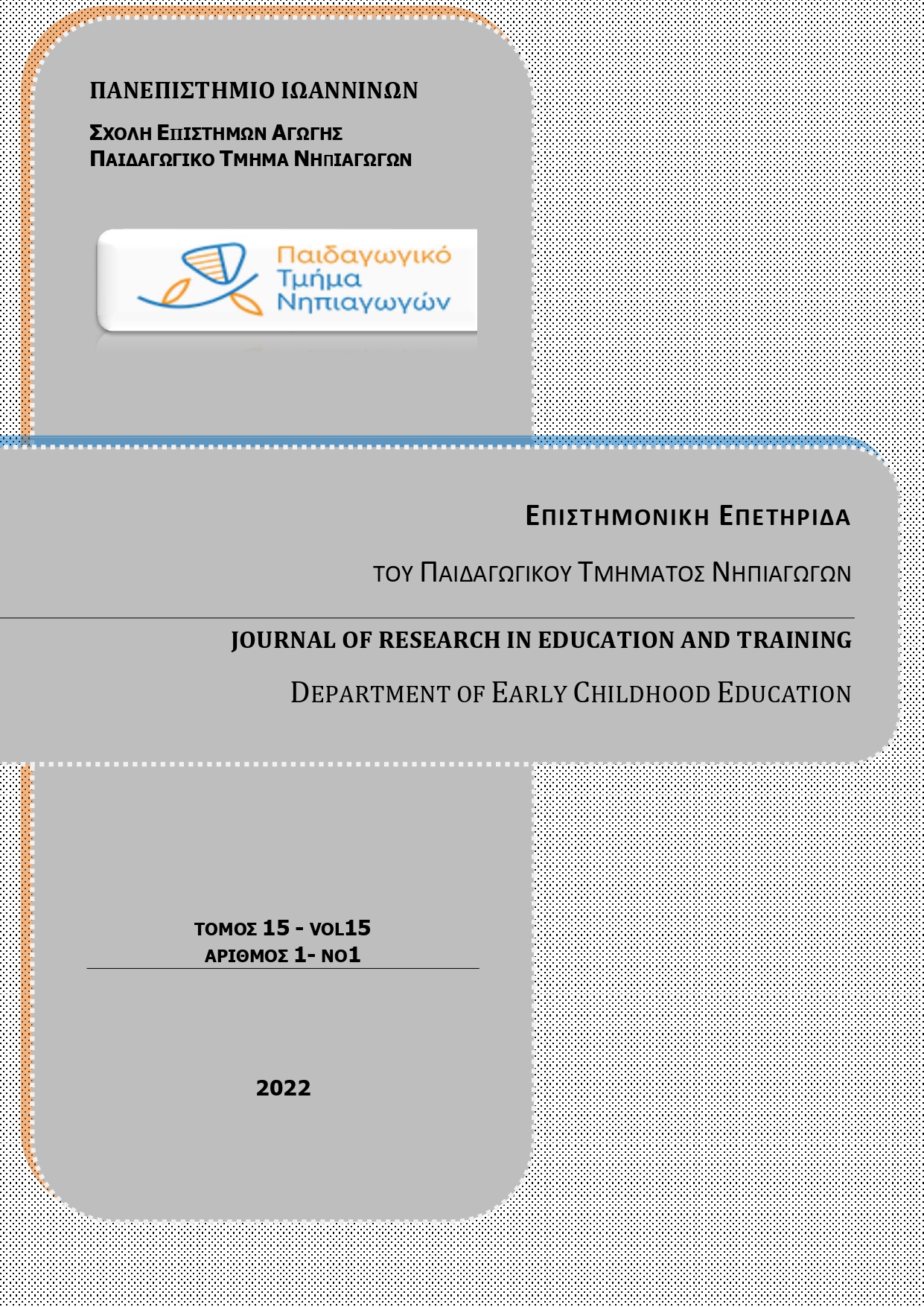The syntactic awareness in pupils D-F Primary with and without learning disabilities an exploratory study

Abstract
This study combines quantitative assessment methods with an analysis of the errors. It explores the syntactic awareness of pupils in the last three grades of Primary School with and without Learning Disabilities. Specifically, two types of research examined the stage of the development of the syntactic awareness of pupils. They assessed the sentences’ syntactic ability and text syntactic ability of 198 pupils with tests of the simple words put together to make sentences, the sentences’ composition, the sentences’ sequence, and the text restructure. In the first study participated 89 pupils, 22 with high school performance and 67 with Learning Disabilities. The second study participated, 109 pupils, 34 with high school performance, 50 with medium, and 25 with low performance. This study aimed to contribute new data on the syntactic awareness of Primary School pupils in the last three grades. To establish any grading in its development according to the learners' learning level, age, and educational needs. The pupil’s performance seems to affect by types of tasks, the pupils’ learning level, and their age. The text restructure test was more difficult for all pupils. Also, the pupils with Learning Disabilities and low school performance and the fourth-grade pupils had the lower score. The analysis of errors demonstrates restrictions and deficits in the composition and proper sequence of sentences, the tense of verbs, and the agreement of terms in the sentences. Based on these findings, the study discusses the stage of syntactic awareness development of each group of pupils and the factors that influenced their performance. Also, it discusses the degree of difficulty of each test depending on the mechanisms that are activated. Finally, it discusses the different growth rates in the syntactic ability of pupils with Learning Disabilities and low performance.
Article Details
- How to Cite
-
Xanthi, S. (2022). The syntactic awareness in pupils D-F Primary with and without learning disabilities: an exploratory study. Journal of Research in Education and Training, 15(1), 1–41. https://doi.org/10.12681/jret.27747
- Issue
- Vol. 15 No. 1 (2022):
- Section
- Articles

This work is licensed under a Creative Commons Attribution-NonCommercial-ShareAlike 4.0 International License.
Authors who publish with this journal agree to the following terms:
- Authors retain copyright and grant the journal right of first publication with the work simultaneously licensed under a Creative Commons Attribution Non-Commercial License that allows others to share the work with an acknowledgement of the work's authorship and initial publication in this journal.
- Authors are able to enter into separate, additional contractual arrangements for the non-exclusive distribution of the journal's published version of the work (e.g. post it to an institutional repository or publish it in a book), with an acknowledgement of its initial publication in this journal.
- Authors are permitted and encouraged to post their work online (preferably in institutional repositories or on their website) prior to and during the submission process, as it can lead to productive exchanges, as well as earlier and greater citation of published work (See The Effect of Open Access).


